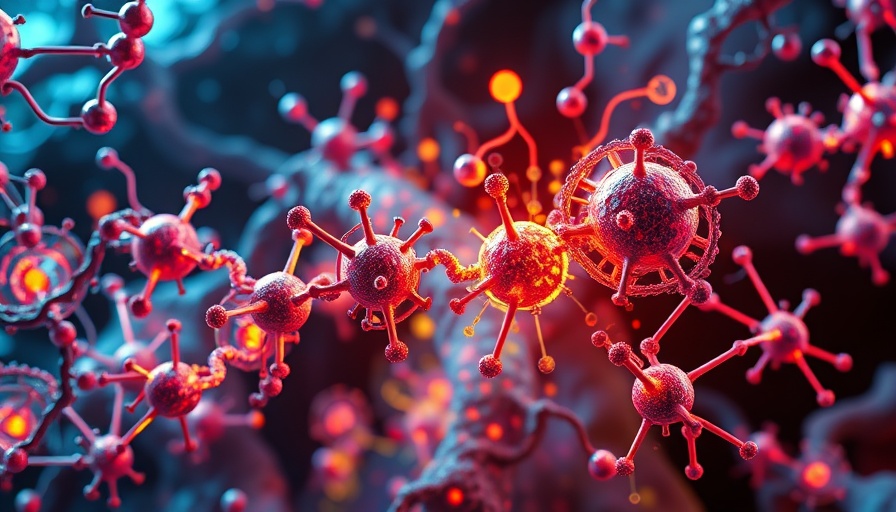
Understanding the Role of Glycolysis in Embryonic Development
New research from the Max Planck Institute of Molecular Cell Biology and Genetics and EMBL Barcelona reveals how glycolysis, a vital metabolic process that converts sugar into energy, is more than just fuel for cells. It plays a crucial role in guiding early embryonic cells towards specific tissue types during development, reinforcing its importance beyond energy production.
Metabolism: A Key Player in Cell Fate Decisions
This groundbreaking study utilized in vitro models made of mouse embryonic stem cells to investigate how changes in glucose concentration impacted cellular decisions. Researchers discovered that glycolysis is vital for maintaining the correct signaling pathways that direct cells to form mesoderm and endoderm tissue, which later transform into critical organs and systems in the body.
The Surprising Impact of Blocked Glycolysis
One compelling finding highlighted in the research was the effects of blocking glycolysis. When inhibited, cells shifted their fate to become ectoderm, which develops into the nervous system, instead of the intended mesoderm or endoderm. This change signifies the profound role metabolism plays in cell fate determination, suggesting that by manipulating glycolysis, we could influence the development of cells in embryogenesis.
Future Implications for Health and Medicine
These insights into the metabolic dynamics of embryonic cells present exciting avenues for therapeutic innovation. By targeting glycolytic pathways, scientists might not only enhance our understanding of developmental biology but also pave the way for advancements in regenerative medicine and treatments for congenital diseases.
Understanding how metabolic processes like glycolysis influence cell behavior is crucial for many fields, from developmental biology to health and medicine. Researchers can leverage this knowledge to control how stem cells differentiate into various tissues, potentially revolutionizing treatment methods.
As studies continue, it will be fascinating to see how these findings contribute to our broader understanding of health and development. Engaging with such research could inspire future health professionals and inform new medical strategies.
 Add Row
Add Row  Add
Add 




 Add Row
Add Row  Add
Add 


Write A Comment